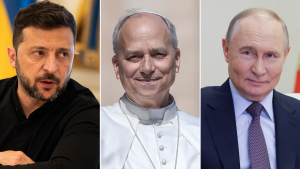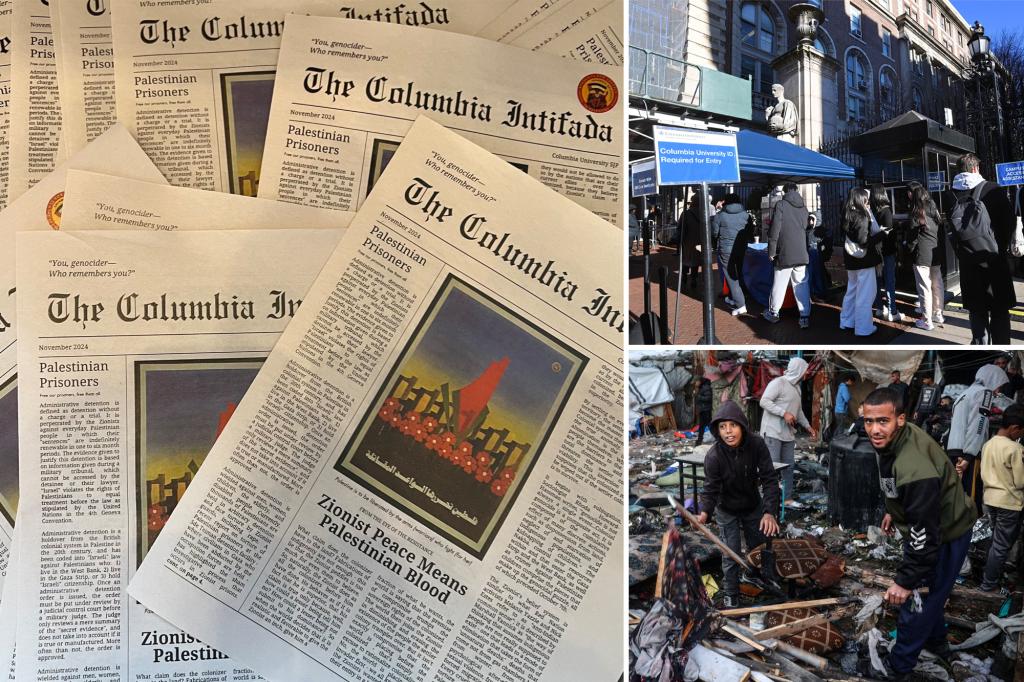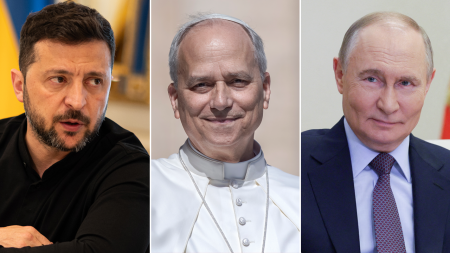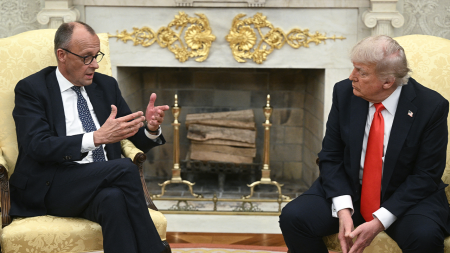The distribution of “The Columbia Intifada,” a student-run newspaper containing inflammatory anti-Israel rhetoric, sparked controversy at Columbia University. The publication, produced by the Students for Justice in Palestine (SJP) group, referred to Jews as “colonists” and “subjugators,” and included articles with titles like “Zionist Peace Means Palestinian Blood” and “The Myth of the Two-State Solution.” This incident reignited debates surrounding free speech, antisemitism, and the Israeli-Palestinian conflict on college campuses. The university, while upholding the principle of free speech, condemned the publication’s content and unauthorized use of the university’s name. The incident drew strong reactions from various stakeholders, including students, faculty, and political figures, reflecting the deeply polarized nature of the issue.
The distribution of the newspaper, which occurred openly on campus, elicited immediate condemnation from some, including Congressman Mike Lawler, who called for the university to lose federal funding and tax-exempt status if it could not protect Jewish students. He further advocated for the deportation of any international students involved in what he termed an “intifada” against Jewish students. Columbia University responded by denouncing the publication, emphasizing its rejection of violence and discrimination. The university stated it was investigating the incident through its established policies. This incident follows SJP’s suspension in November 2023 for repeated violations of university policies, including threatening rhetoric and intimidation.
The content of “The Columbia Intifada” itself lacked bylines or any identifying information about its authors, raising questions about accountability and transparency. The newspaper’s masthead featured a quote from Sophia Armen, a controversial scholar, further fueling concerns about the publication’s ideological leanings. The provocative language and imagery employed in the newspaper evoked strong reactions from Jewish students on campus. Some students, like Brooke Chasalow, expressed concern about the inflammatory rhetoric and its potential to exacerbate tensions on campus. While acknowledging the importance of free speech, she argued that there are limits to what should be tolerated, particularly when it comes to hate speech.
The incident also highlighted the complexities of the Israeli-Palestinian conflict and its manifestation on university campuses. Chasalow, while identifying as moderate on the issue, criticized the newspaper’s attempt to simplify the conflict into a “black and white issue.” Others on campus expressed support for the publication, citing the importance of diverse perspectives and the right to free speech, even for controversial viewpoints. This difference in opinion underscored the challenges universities face in balancing free speech with the need to create a safe and inclusive environment for all students.
Faculty members also weighed in on the controversy. Gil Zussman, a professor who lived in Israel during the Second Intifada, expressed deep concern about the publication and its promotion by a faculty and staff collective supporting SJP. He highlighted the historical context of the Intifadas, characterized by violence and suicide bombings, and condemned the implication that such violence could be imported to Columbia. This incident reflects broader concerns about the potential for radicalization and the escalation of tensions surrounding the Israeli-Palestinian conflict on college campuses.
This incident at Columbia University underscores the ongoing challenges universities face in navigating the complexities of free speech, particularly in the context of highly charged political issues like the Israeli-Palestinian conflict. The distribution of “The Columbia Intifada” sparked a renewed debate about the boundaries of acceptable discourse on campus and the responsibilities of universities to protect students from hateful rhetoric while upholding the principles of free speech. The incident also highlighted the deep divisions that exist within the university community regarding the Israeli-Palestinian conflict and the challenges of fostering productive dialogue and understanding amidst such polarization. The controversy surrounding the publication also raised questions about the role of student groups and faculty in shaping campus discourse and the potential for these platforms to be used to promote divisive ideologies.










